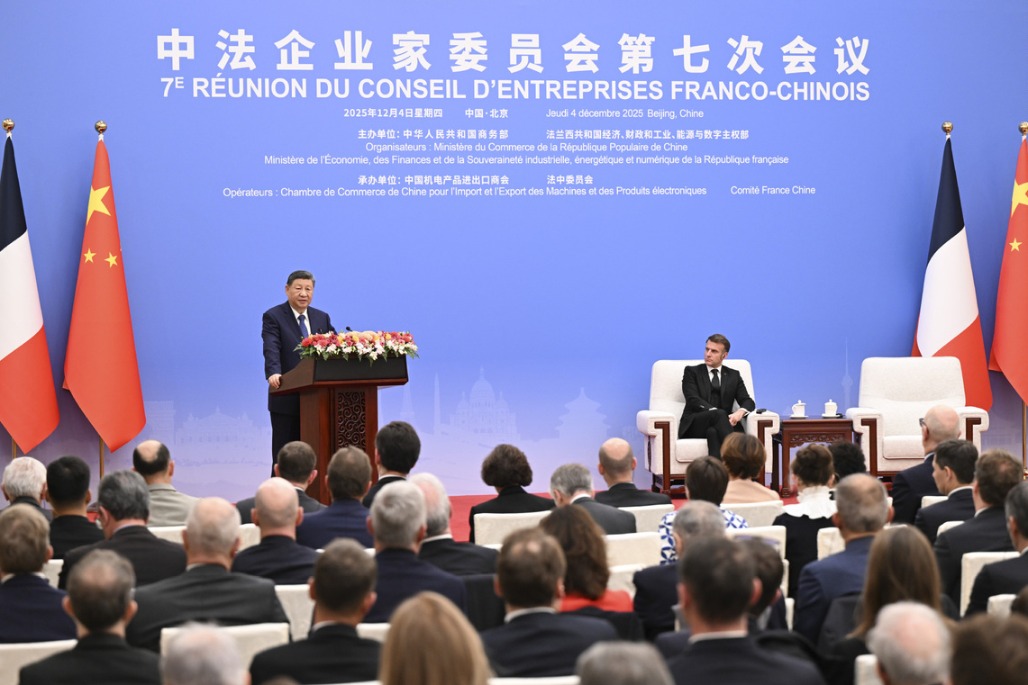The news that made waves last year
By Wang Xiaodong, Zhao Lei, Cui Jia, Zhao Xinying | China Daily | Updated: 2018-01-03 09:58
To conclude a two-part series, China Daily reporters look back at their favorite stories of 2017.

Authorities move to accelerate the approval of new drugs
Reporter's log: Wang Xiaodong
The launch of two cervical cancer vaccines widely used overseas means women in China will no longer have to travel overseas to obtain the treatments, which are designed to combat one of most common cancers in the country.
When the news was announced in July, I informed Qiao Youlin, a leading cancer epidemiologist at the Chinese Academy of Medical Sciences. While he welcomed the decision, Qiao said the drugs should have been made available in the Chinese mainland much earlier.
"They have been used in the United States since 2006, and are already available in more than 130 countries," he said. "We have waited more than 10 years before allowing their use in China."
In July, Cervarix, developed by the British pharmaceutical company GlaxoSmithKline, was the first cervical cancer vaccine to enter the mainland market after being approved by the China Food and Drug Administration in 2016. It was followed in November by Gardasil, developed by Merck of the US.
Many drugs that are popular in other countries are not available in the Chinese mainland, which means patients can only obtain them via the internet or by traveling overseas. The problem has become a major cause of complaint among people with serious illnesses.
A member of staff at Beijing United Family Hospital, a high-end facility that attracts investment from the US, told me that public and private hospitals were unable to provide patients with cervical cancer vaccines before July, despite rising demand.
According to regulations, drugs developed overseas are subject to lengthy clinical trials and approval procedures before they can be made available in the domestic market, despite being certified and widely available outside the country.
The process means long waits for patients. In the past 10 years, people in the Chinese mainland have had to wait five to seven years longer for some major new drugs than patients in Europe and the United States, according to the CFDA.
Of the 433 treatments approved for sale outside China between 2001 and 2016, only 30 percent are available in the Chinese mainland, it added.
However, the government has made moves to address the problem. A guideline released by the State Council, China's Cabinet, in October, said the CFDA will accept data from clinical trials conducted outside the mainland when assessing applications to register drugs and medical equipment.
The measure is expected to reduce unnecessary trials, shorten approval times and improve the availability of a wide range of medications.
The guideline also included a number of other measures, such as the simplification of approval procedures for drugs and medical equipment that have already been approved overseas and are used to treat rare diseases.
With more detailed regulations set to be released, and with more measures to reform drug inspections and approval expected in the future, it is anticipated that patients in China will soon have access to a wider range of treatments and will not be forced to wait more than 10 years for vaccines that are already being used successfully overseas.
























